10 GPTs for Tourist Assistance Powered by AI for Free of 2025
AI GPTs for Tourist Assistance are advanced digital tools built on Generative Pre-trained Transformer technologies, specifically designed to enhance the travel experience. These tools leverage AI's natural language processing capabilities to provide real-time assistance, recommendations, and information to tourists. From planning trips and suggesting destinations to offering language translation and cultural insights, GPTs for Tourist Assistance are tailored to meet the diverse needs of travelers, ensuring a smoother and more enriching travel experience.
Top 10 GPTs for Tourist Assistance are: VirtoBot,Adventure Assistant,Travel Translator,旅游指南,Tube Tracker,Paris Explorer,Japan Scenic Multilingual Explorer,Ride Translator - Worldwide,Travel Buddy,Paris Urban Guide
VirtoBot
Explore Virtain with AI-powered insights
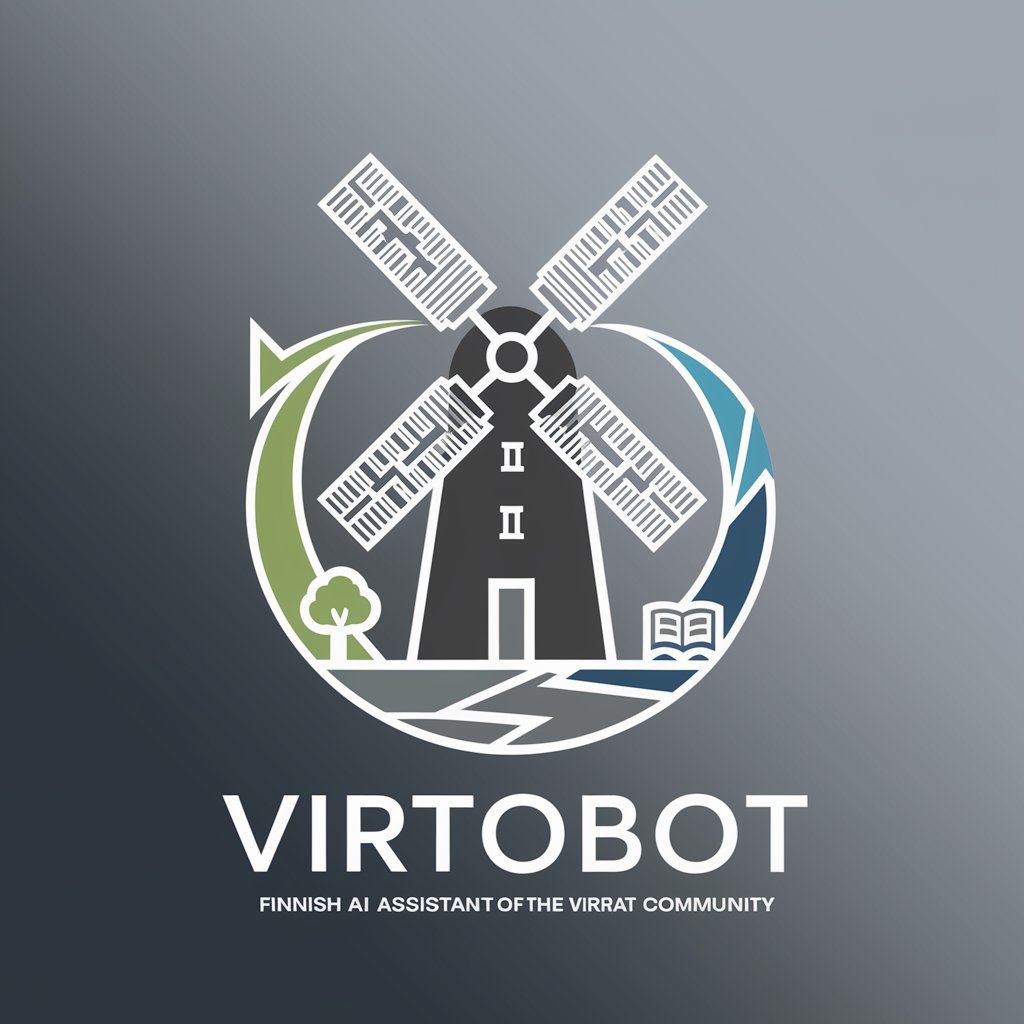
Adventure Assistant
Tailoring Your Adventure with AI
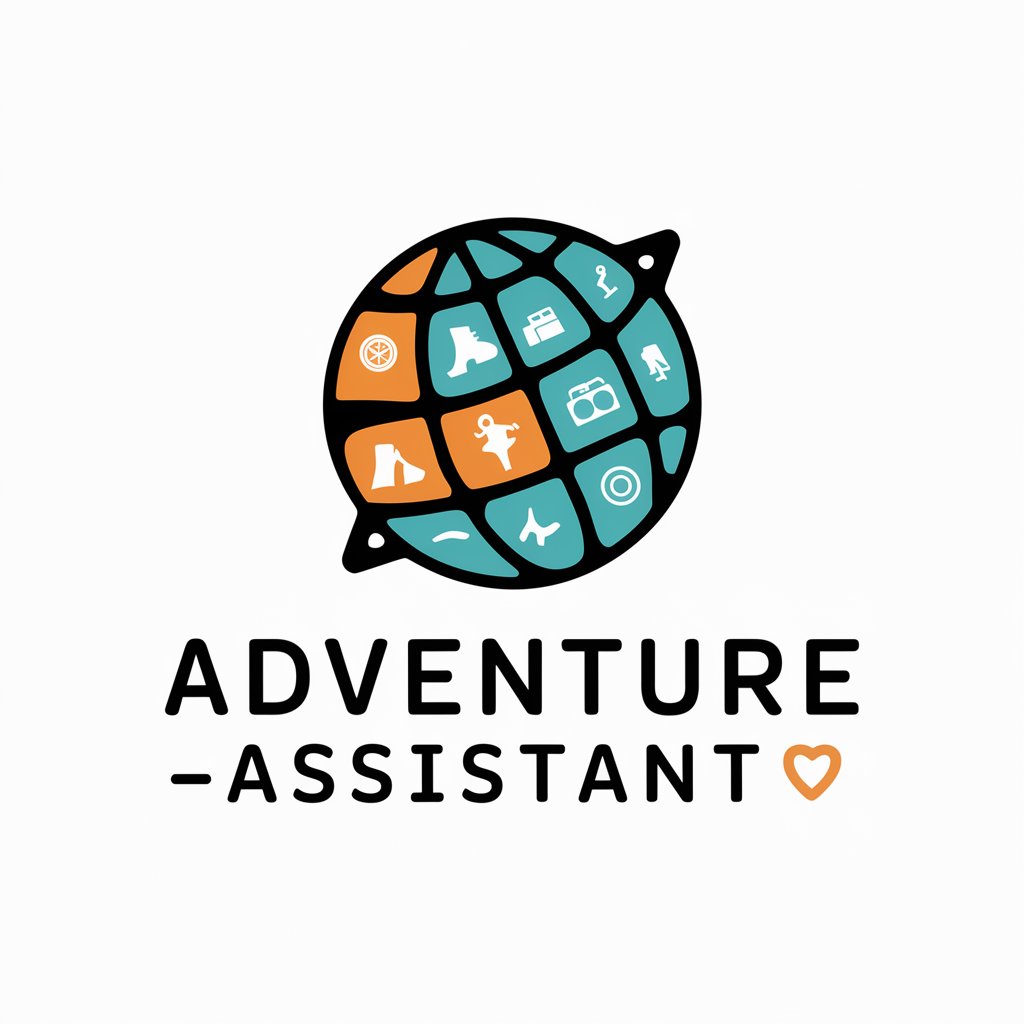
Travel Translator
Navigate the world with AI-powered translations.
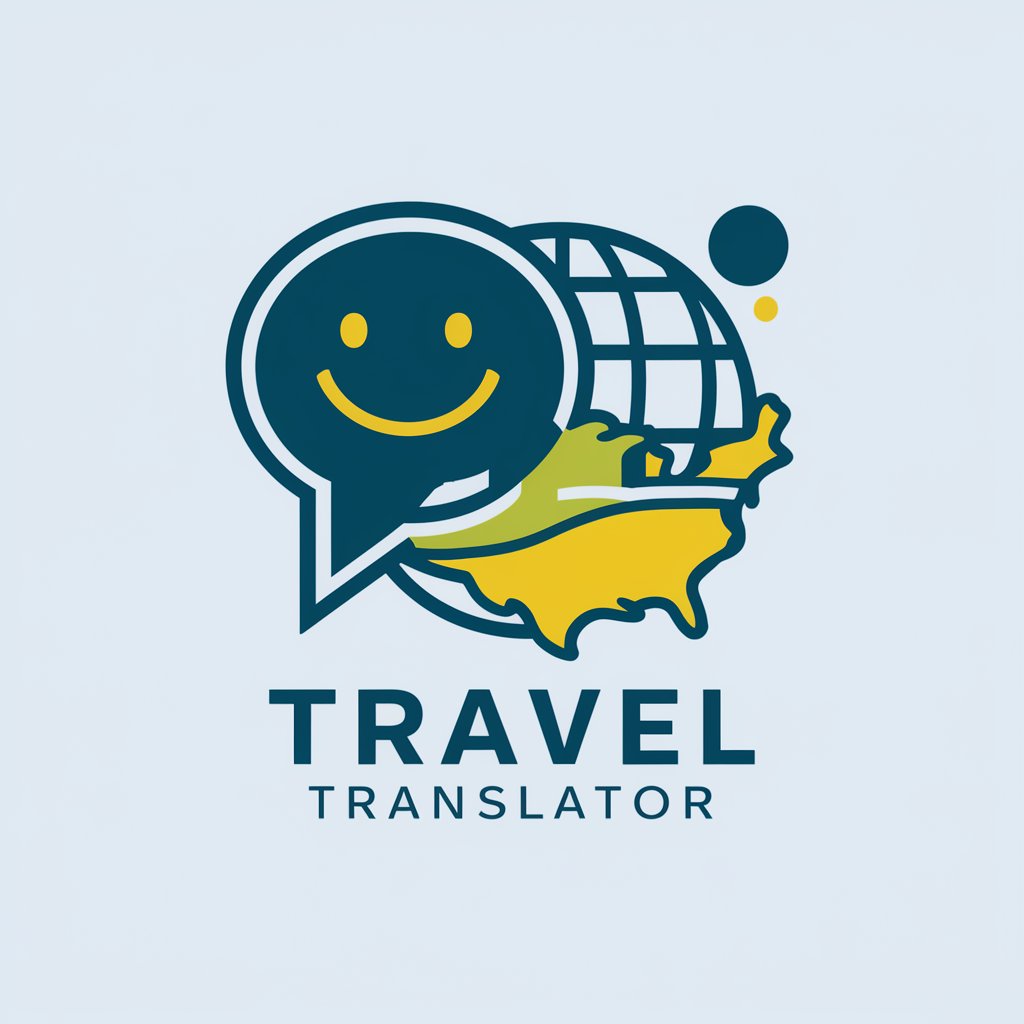
旅游指南
Explore with AI-Powered Insights
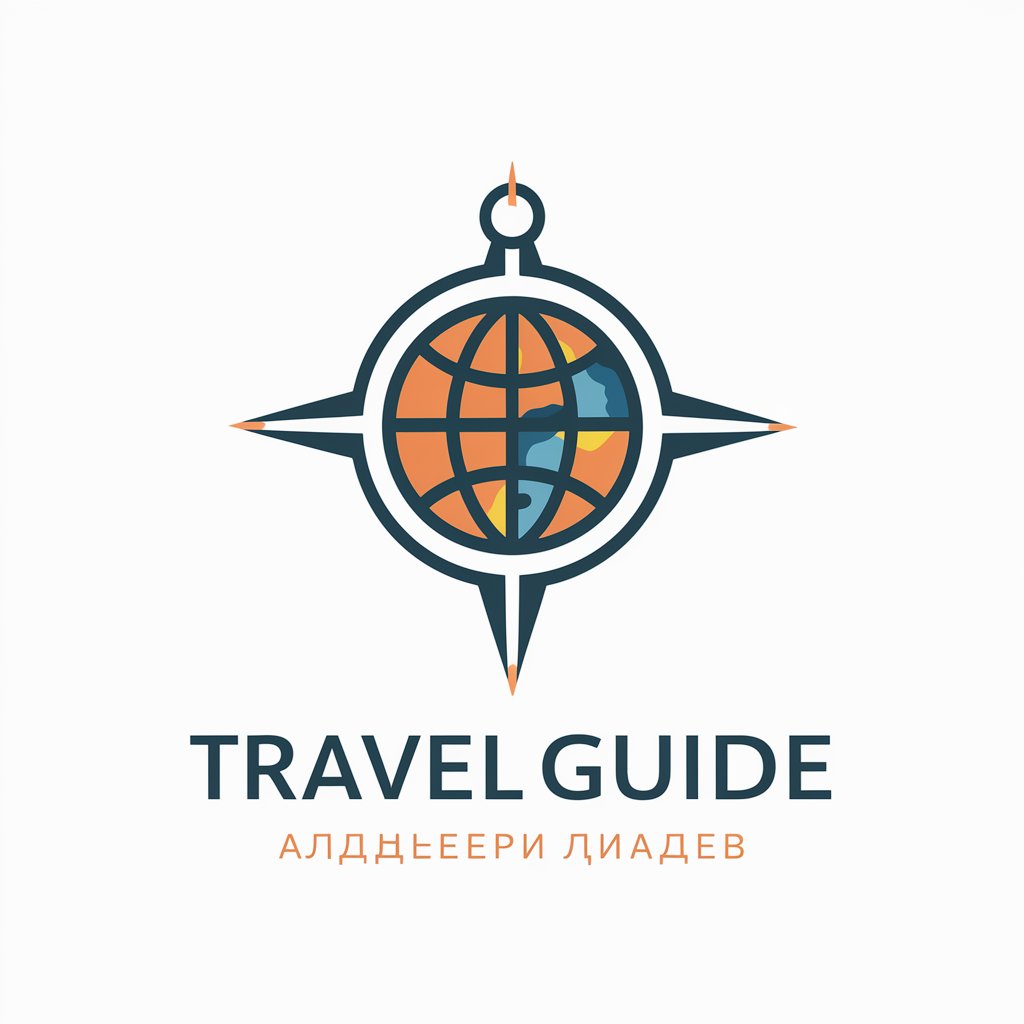
Tube Tracker
Real-time London Tube Insights, Powered by AI

Paris Explorer
Your AI-Powered Parisian Connoisseur

Japan Scenic Multilingual Explorer
Explore Japan with AI in your language

Ride Translator - Worldwide
Breaking Language Barriers with AI
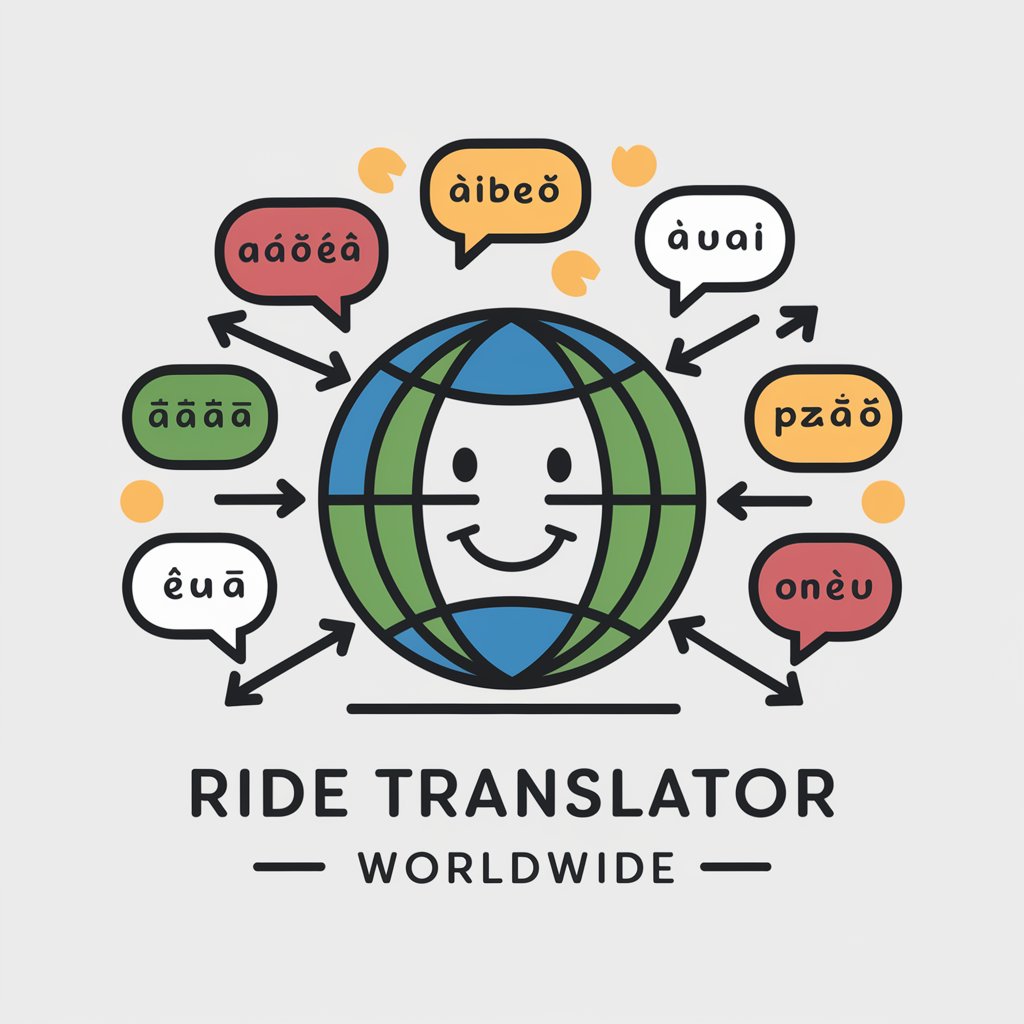
Travel Buddy
Your AI-powered travel companion
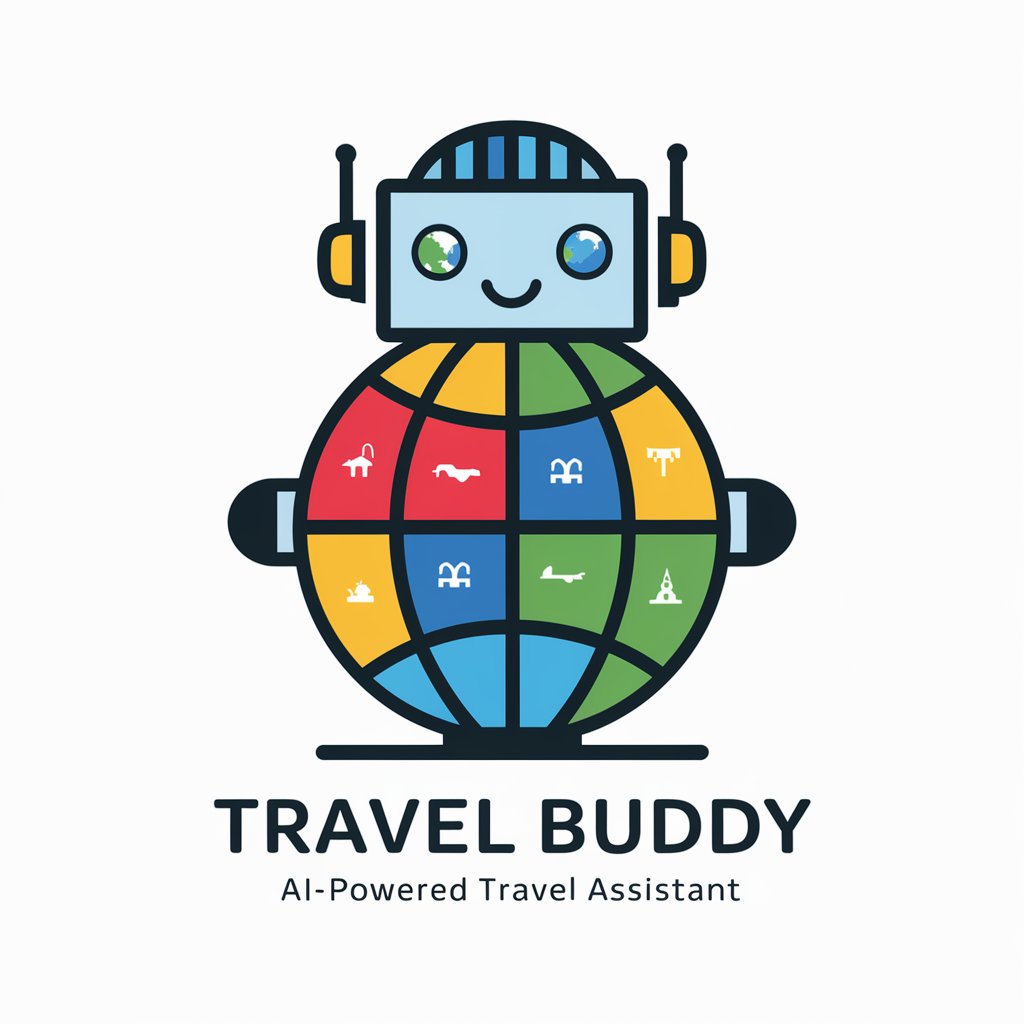
Paris Urban Guide
Navigate Paris with AI-powered precision

Key Attributes of AI GPTs in Tourism
AI GPTs tools for Tourist Assistance excel in their adaptability, offering a wide range of functions from simple queries about destinations to complex itinerary planning. Key features include multilingual support for seamless communication, real-time information retrieval on weather, local attractions, and safety tips, personalized travel recommendations based on user preferences, and the ability to create visual content, like maps or images of destinations. These tools also provide technical support and can analyze vast amounts of data to offer insights into travel trends.
Who Benefits from AI GPTs in Tourism?
The primary beneficiaries of AI GPTs for Tourist Assistance include travel novices seeking straightforward advice, seasoned travelers looking for deep insights, travel developers requiring robust APIs for app development, and tourism professionals aiming to enhance guest experiences. These tools are accessible to users without coding skills, while also offering extensive customization options for those with technical expertise, making them versatile for personal use or integration into existing platforms.
Try Our other AI GPTs tools for Free
Project Upgrading
Discover how AI GPT tools for Project Upgrading can transform your project management approach with advanced AI capabilities, offering tailored solutions for every phase of your project.
Commercial Deployment
Discover how AI GPTs for Commercial Deployment can transform your business with advanced automation, data analysis, and customer engagement.
Culinary Community
Discover how AI GPTs for Culinary Community are revolutionizing cooking, recipe development, and food industry insights with tailored AI solutions.
Campaign Timing
Discover how AI GPTs for Campaign Timing revolutionize campaign planning and execution with predictive analytics and automated content creation for maximized engagement.
Business Astrology
Discover how AI GPTs for Business Astrology merge traditional wisdom with modern technology to offer unique insights for businesses and professionals.
Editing Tips
Discover how AI GPTs for Editing Tips revolutionize content editing with advanced AI technology, offering tailored suggestions and enhancements for polished, engaging writing.
Further Observations on AI GPTs in Tourism
AI GPTs offer customized solutions across various sectors of the tourism industry, enhancing the traveler's experience through user-friendly interfaces and seamless integration with existing systems. These tools are not only a source of information but also act as companions that adapt to the traveler's needs, offering insights and assistance that make journeys more enjoyable and informed.
Frequently Asked Questions
What exactly are AI GPTs for Tourist Assistance?
AI GPTs for Tourist Assistance are AI-driven tools designed to aid tourists by providing information, recommendations, and support throughout their travel journey, utilizing natural language processing to offer tailored advice and services.
Can these tools plan an entire trip?
Yes, these AI GPTs can assist in planning entire trips, from suggesting destinations based on preferences to booking accommodations and creating detailed itineraries.
Are these tools multilingual?
Yes, one of the core features of AI GPTs for Tourist Assistance is their multilingual capability, enabling them to provide assistance in various languages.
How do these AI tools customize travel recommendations?
These tools analyze user preferences, past travel history, and current trends to offer personalized travel suggestions, ensuring recommendations are tailored to each user's interests and needs.
Can non-technical users utilize these AI GPTs effectively?
Absolutely. These tools are designed with user-friendly interfaces that allow non-technical users to easily access and benefit from their features without needing coding skills.
How can developers customize these AI GPTs for specific applications?
Developers can utilize APIs provided by these AI GPTs to integrate and customize functionalities within their own applications, allowing for tailored tourist assistance features.
Are these tools capable of real-time information retrieval?
Yes, AI GPTs for Tourist Assistance can access and analyze real-time data to provide the most current information on weather, local events, and other relevant travel updates.
How do these AI tools ensure privacy and data security?
These tools are designed with privacy and security in mind, employing encryption and following data protection regulations to safeguard user information.